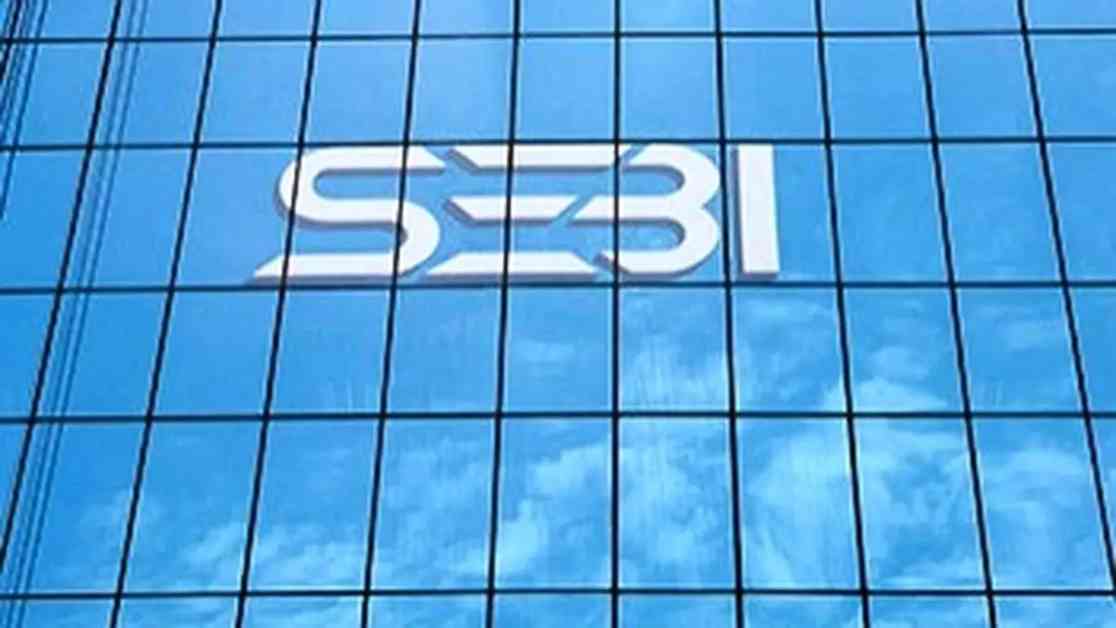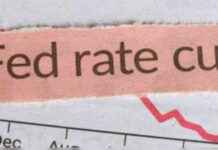In a recent development by the Securities and Exchange Board of India (SEBI), new norms have been introduced to extend the trading window closure regulations to the immediate relatives of designated persons during the declaration of financial results. This move aims to streamline compliance measures and prevent inadvertent non-compliance with insider trading norms. The initial phase of this framework targeted designated persons of listed companies, successfully curbing any unauthorized trading activities during the trading window closure period.
Enhancing Compliance Measures for Insider Trading Norms
The decision by SEBI to broaden the scope of the trading window closure regulations comes as a proactive measure to enhance transparency and accountability in the financial markets. By including the immediate relatives of designated persons within the purview of these regulations, SEBI aims to create a more robust framework that leaves no room for ambiguity or circumvention of insider trading norms. This move underscores the regulator’s commitment to upholding the integrity of the market and safeguarding the interests of investors.
Expert opinions on the extension of these norms emphasize the significance of proactive measures in mitigating the risks associated with insider trading. According to financial analysts, such regulatory interventions play a crucial role in fostering a level playing field for all market participants and instilling confidence in the integrity of the financial system. By extending the automated implementation of trading window closure to immediate relatives, SEBI is taking a proactive stance in ensuring compliance with insider trading norms across all levels of market participants.
Implications for Market Participants and Listed Companies
The extension of trading window closure norms to immediate relatives of designated persons carries significant implications for both market participants and listed companies. For designated persons, this regulatory change necessitates a heightened awareness of their relatives’ trading activities during critical periods such as the declaration of financial results. It underscores the importance of maintaining strict compliance measures and avoiding any actions that could be construed as insider trading.
Listed companies, on the other hand, are expected to implement robust monitoring mechanisms to track and report trading activities of immediate relatives of designated persons. This entails a proactive approach towards ensuring transparency and accountability within the organization, thereby mitigating the risks of inadvertent non-compliance with insider trading norms. By aligning their internal processes with the extended regulatory framework, listed companies can demonstrate their commitment to upholding ethical standards and regulatory compliance.
In conclusion, the extension of trading window closure norms to immediate relatives of designated persons represents a significant step towards strengthening the regulatory framework for insider trading in the Indian financial markets. By proactively addressing potential loopholes and enhancing compliance measures, SEBI aims to foster a culture of transparency and integrity that underpins the credibility of the market. Market participants and listed companies are encouraged to adapt to these regulatory changes and uphold the highest standards of ethical conduct to maintain trust and confidence in the financial system.























